Leading scholars from China and the United States have worked extensively over the past two years to revive scholarly exchanges, which were suspended by the pandemic and affected by the "over-securitization" of U.S.-China relations, said Scott Kennedy from the Center for Strategic and International Studies, or CSIS, in Washington.
As a result, experts in Washington and Beijing have agreed that such exchanges can yield national security benefits, and that the issue is how to calibrate U.S.-China scholarly "recoupling" to strike a balance between yielding the greatest potential of connectivity while minimizing any downsides.
Kennedy, senior adviser and trustee chair in Chinese Business and Economics at CSIS, highlighted these points in U.S.-China Scholarly Recoupling: Advancing Mutual Understanding in an Era of Intense Rivalry, a collection of essays published at the end of last month.
Contributed by participants in scholarly conferences and policy community meetings that the CSIS and Peking University organized in 2022 and 2023, the essays identified the "securitization of everything" as "dominant obstacles" to sustained scholarly ties, and appealed that scholarly exchange must not become collateral damage of national security impulses.
"Over the last two years, there has been a concerted effort by scholars from both China and the United States to stem the tide of scholarly decoupling," Kennedy wrote.
In 2022, Kennedy and Wang Jisi, founding president of Peking University's Institute of International and Strategic Studies, engaged in a pair of exchanges meant to break the ice by exploring the role of scholarly exchange in stabilizing U.S.-China relations, which had plunged into the lowest point since the two countries forged diplomatic ties in 1979.
"We're deeply worried about scholarly decoupling, about what can be lost and not much gained through the division and separation of what has been a unified global community of experts," Kennedy said at the launch of the report on March 27.
Kennedy argued that although scholarly exchanges among students, faculty, and programs are usually not designed with national security in mind and generate a wide range of societal benefits, they can yield national security benefits over an extended period.
Jie Dalei, a senior research fellow of Peking University's Institute of International and Strategic Studies, said China-U.S. scholarly exchange can further both sides' national security interests through addressing intractable problems, emerging issues and transnational challenges.
On the other hand, the national security consequences resulting from miscommunication and miscalculation or from failure in addressing common challenges are "otherwise potentially too catastrophic", he wrote in an article included in the report.
Jessica Chen Weiss, a professor of China and Asia-Pacific studies at Cornell University, also pointed out that academic experts in both China and the U.S. have taken the lead in warning against the perils of over-securitization and the collateral damage that overly expansive restrictions can have for beneficial ties.
Weiss proposed that for a brighter future, both countries must focus as much on advancing what is valuable in U.S.-China economic, scientific and technological integration as they do on mitigating risks and costs.
Scott Rozelle, co-director at the Stanford Center on China's Economy and Institutions, noted that a decline in scholarly exchange is likely to have large negative impacts on growth, equity and happiness in China, the U.S., and the world as a whole. Hence, it could ultimately be harmful to national security.
In the report, the experts have made proposals on how to change the status quo.
Kennedy proposed that to reverse the downward trend in U.S.-China scholarly exchange, direct, unambiguous public statements should clarify what types of research or scholarly exchange are not related to national security, and declare that the countries should try to promote scholarly exchange in these areas.
Mary Gallagher, director of the International Institute at the University of Michigan, highlighted the need for academic institutions to do more to engage the public and policymakers about the benefits of scholarly collaboration with China to the U.S..
"The case must be made that a complete decoupling of academic collaboration would hurt the United States more than it would hurt China," Gallagher wrote.








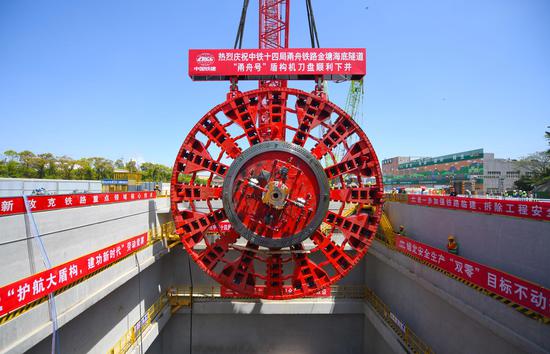

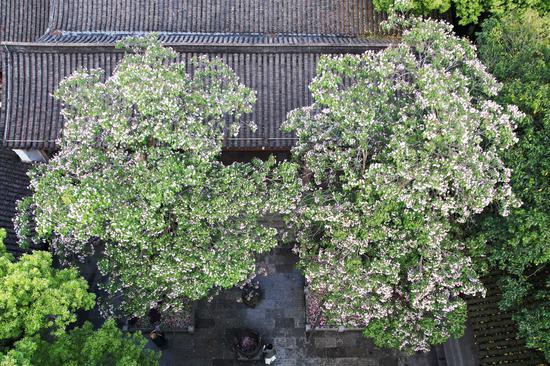
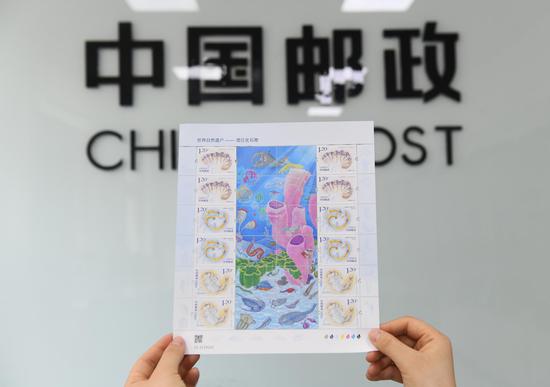
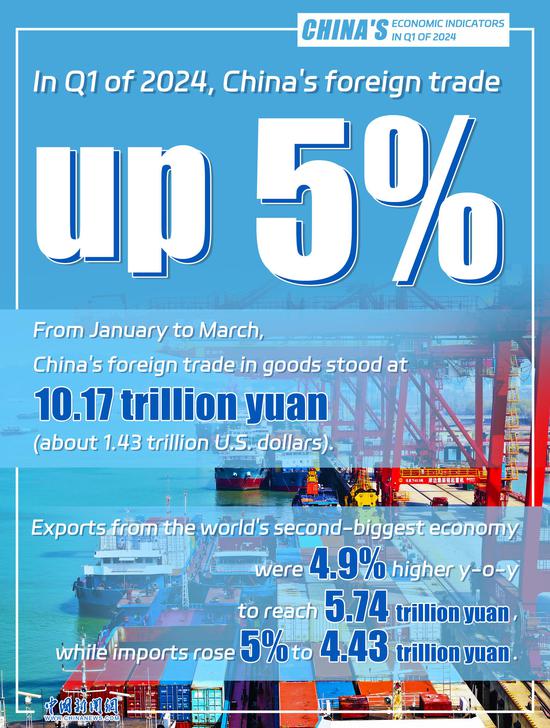
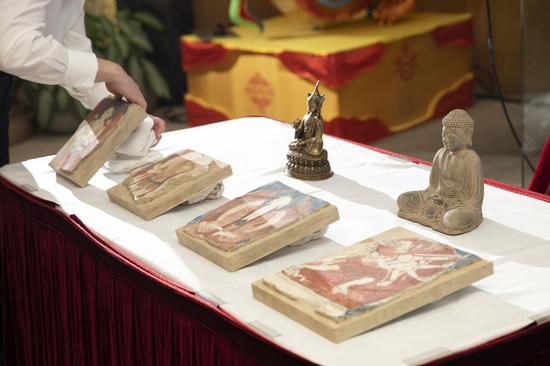



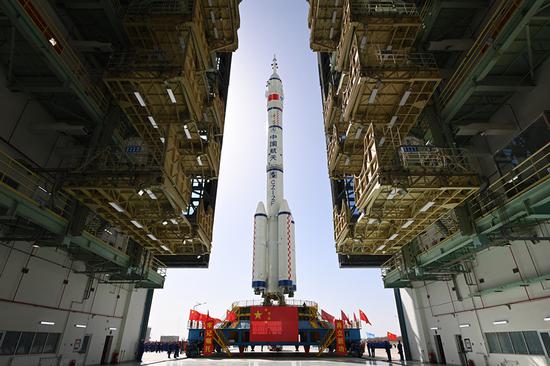




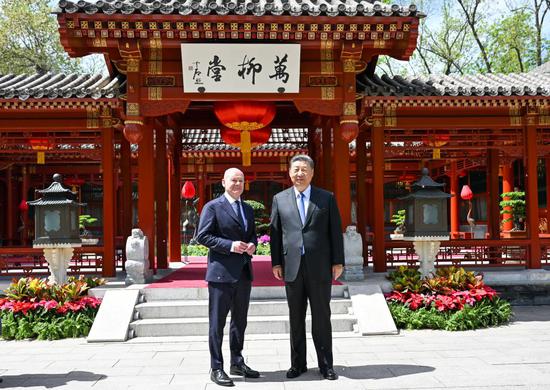
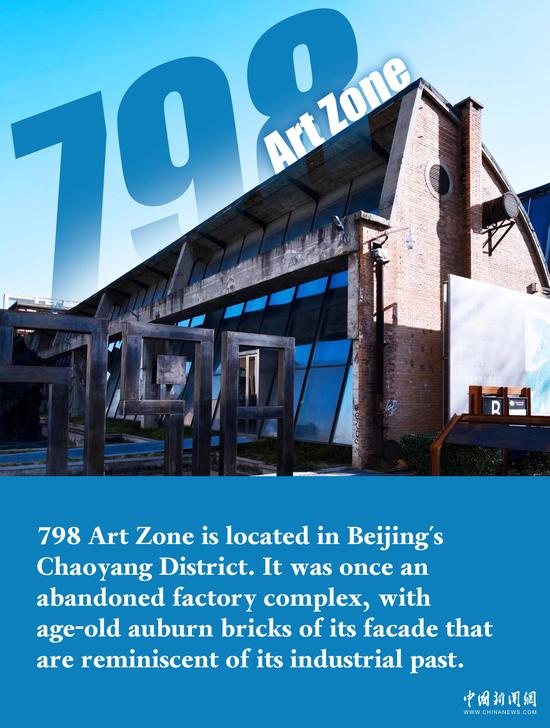


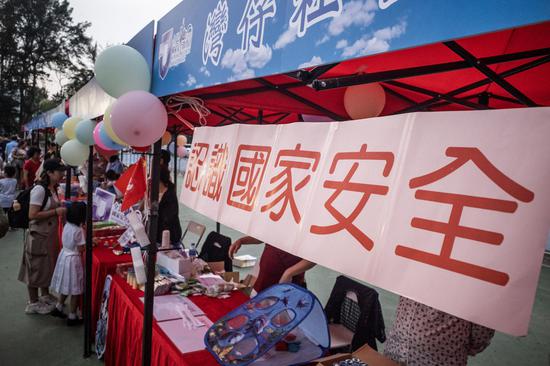
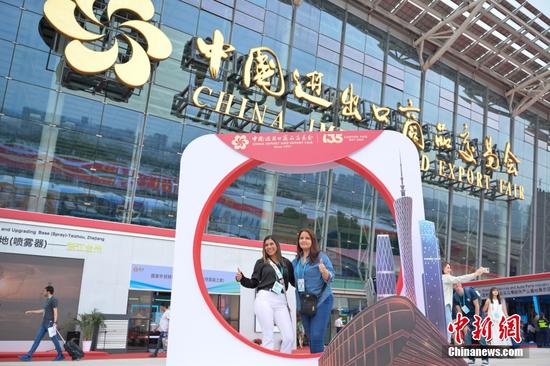

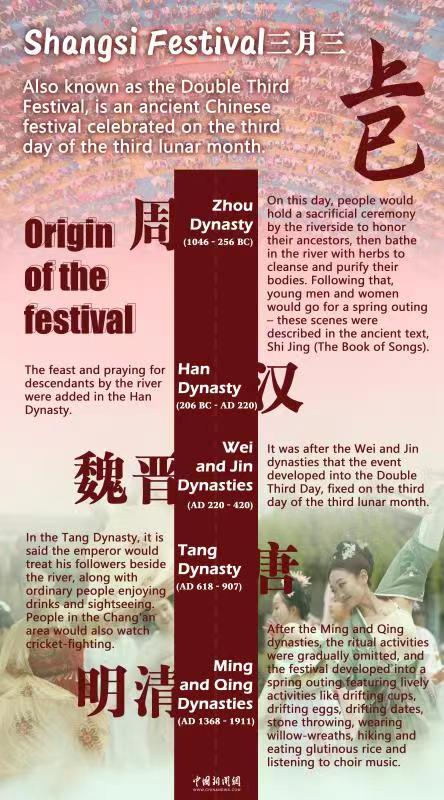
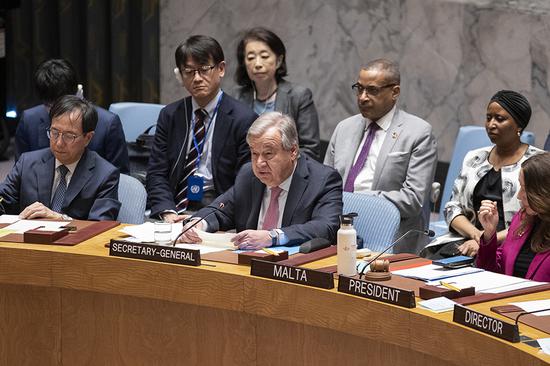
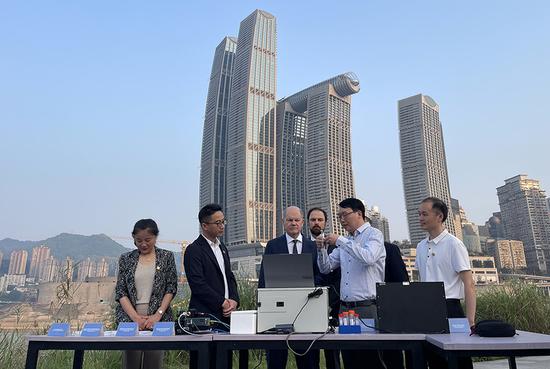
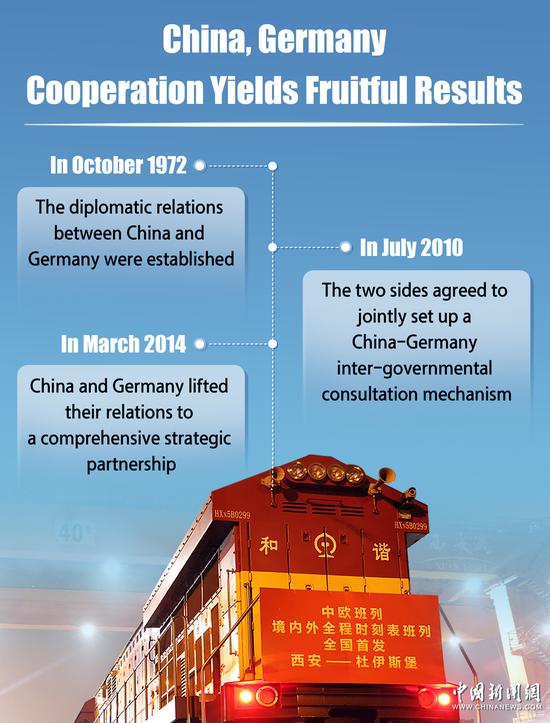
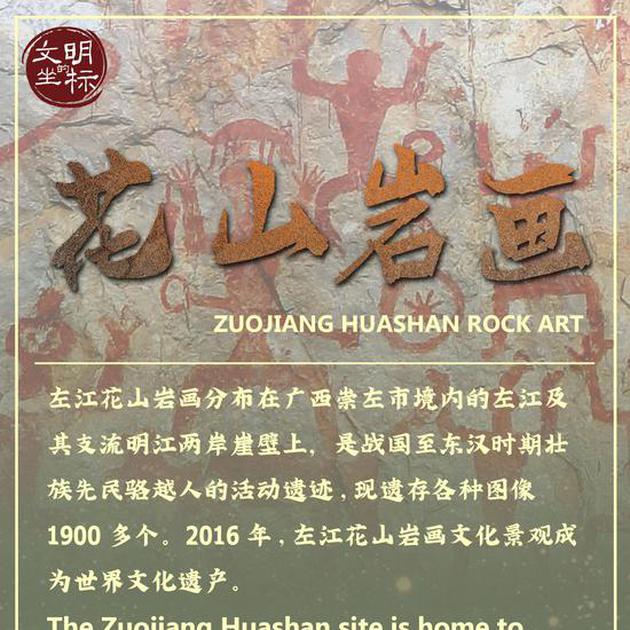
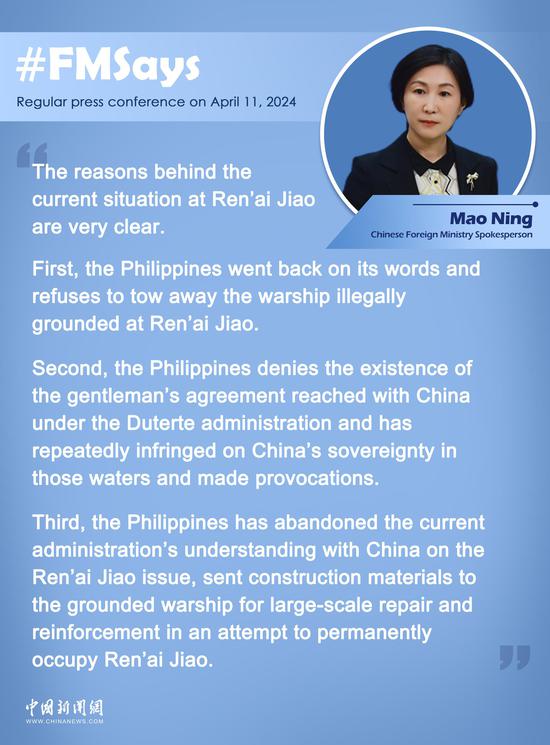
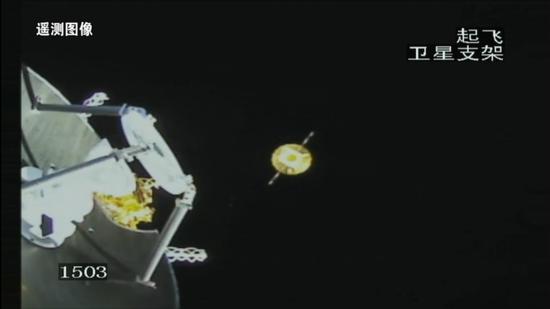






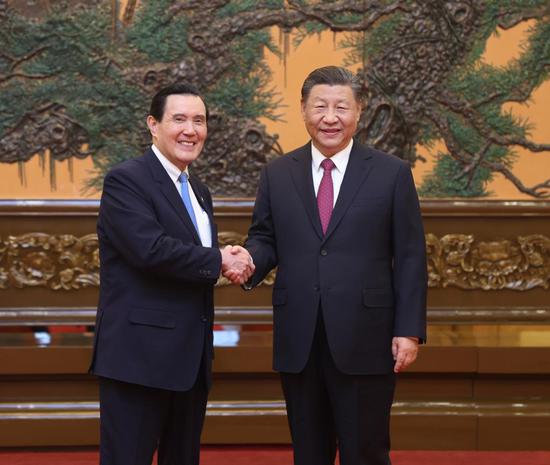

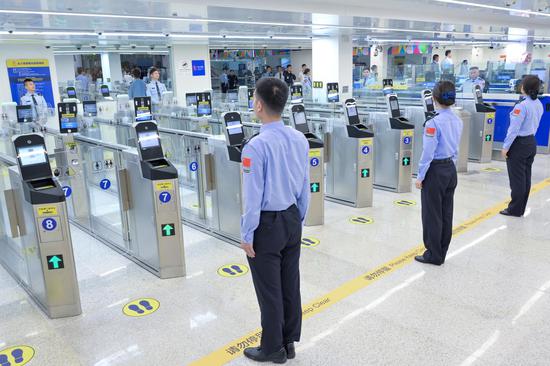

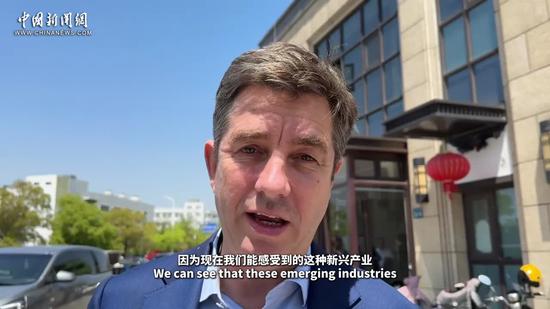



 京公網安備 11010202009201號
京公網安備 11010202009201號